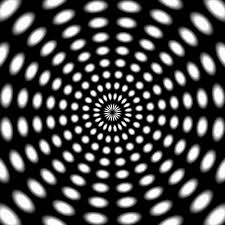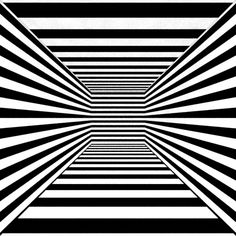|
(2019
final exam assignment) Model final exam answers 2019 (Index) Essay 3: Web Highlights |
 |
Zachariah Gandin
Technology: The Rift in Humanity or a Gateway into a
New Humanity?
For my Midterm I chose to do my web
highlights on one essay from each section so that my part three would be some
sort of brief summary and highlight of the Midterm as a whole but for the Final
Exam edition of web highlights I chose to do highlights over two part ones and
one part two. My goal in doing this was to try and snapshot a clearer idea of
not only the assignment as a whole but on what my peers saw in Literature of the
Future that I related to and also to help me with the essays that I think will
be the most useful to receive help with. I read many essays, but in the end,
settled on a specific three that spoke to me the most. The three essays I chose
are “Losing Touch” by Cynthia Cleveland in 2017 and “Tech and the World” by
Vicente Garza in 2015 from part one and then the continuation and Final Exam
version of the part two I wrote about in my Midterm: “Singularity and Human
Empathy” by Christa Van Allen from 2015. My aim by reviewing all three of these
essays together was to give myself a fuller and deeper view of Literature of the
Future through a lens that I think is the most interesting and relevant, a lens
that views the deeper and nuanced ideas that define humanity as the most
important.
The common thread in each of the essays
I chose to review is the concept of humanity itself and the question of what it
means to be human. Cynthia Cleveland in her essay “Losing Touch” covers the
future scenarios of High-Tech and Low-Tech, she explores the broader and deeper
idea of human connection and how technology changes the way that looks or even
infringes on it. By going through different examples of High-Tech and Low-Tech,
such as “Burning Chrome” and “The Onion and I” respectively, Cynthia looks at
how technology is creating a chasm infringing on humans’ abilities to “form
genuine human connection.” She explains how High-Tech narratives focus on things
such as action and ignore humanity almost entirely while Low-Tech narratives
“are emotionally involved and question whether technology in large doses is good
for humanity as a whole.” Cynthia then uses this contrast of High and Low-Tech
narratives to show that our relationship with technology is a slippery slope and
balance must be struck between “our virtual existence and our real-world
existence.”
Vicente Garza shares this concern for
humanity and our possible futures in her essay “Tech and the World.” Vicente
analyzes what the most likely futures for humanity could be by comparing and
contrasting a broad spectrum of possibilities: “low technology in a world torn
asunder, high technology in utopias and dystopias, and tales of a world returned
to nature, and these all give us a look into what humanity may one day forge.”
They accomplish this analysis by mainly comparing Dystopias and Utopias and
possible futures and what would preserve our humanity the most and then presents
Ecotopias as a possible fusion of both with an optimistic (and more successful
and realistic) spin. She gives examples of each such as Parable of the Sower,
Newton’s Sleep, and Chocco respectively and seems to present Ecotopias as the
most realistic and beneficial for humanity to retain said humanity.
Finally, I delved into Christa Van
Allen’s research essay “Singularity and Human Empathy” as an ultimate
examination of the concepts that define humanity. For one, Christa focuses on
the concept of humanity and what defines that term, much like the other two
essays I have written about in this part three. Additionally, I examined her
Midterm version of this same essay and it was very useful to me to see the
before and after of a research paper that I enjoyed and wanted to follow similar
concepts of. She kept large sections the same as in her Midterm, but also
fleshed it out, expanded upon many of her original ideas, and explored them
further. Christa explored the concept of a “singularity” which according to her
is “defined as a hypothetical moment in time when artificial intelligence and
other technologies have become so advanced that humanity undergoes a dramatic
and irreversible change.” The specific change that she explores is the
humanization of a robot or Artificial Intelligence (A.I.). She compares and
contrasts this example by using The Time
Machine to show how the Elois seem to be a non-human on the verge of a new
humanity or reemergence of humanity. She continues to explore what this concept
of a singularity or other manifestations that originally came from humans to
gain humanity of their own and what it might entail for actual humans. She uses
all of this analysis to explore the concepts that seem to define humans as
humans.
All three of these essays, written by
fellow past peers, show the same interest in humanity as a concept and the
hopeful exploration into our future and how that humanity may continue into the
future. I too, like all my peers, am both invested in, and extremely curious
about how and in what form humans will continue in. Additionally, I believe that
humans are humans because of the higher ideals that define our humanity and am
curious to see futures that preserve or evolve that notion in a benevolent and
hopeful way.



